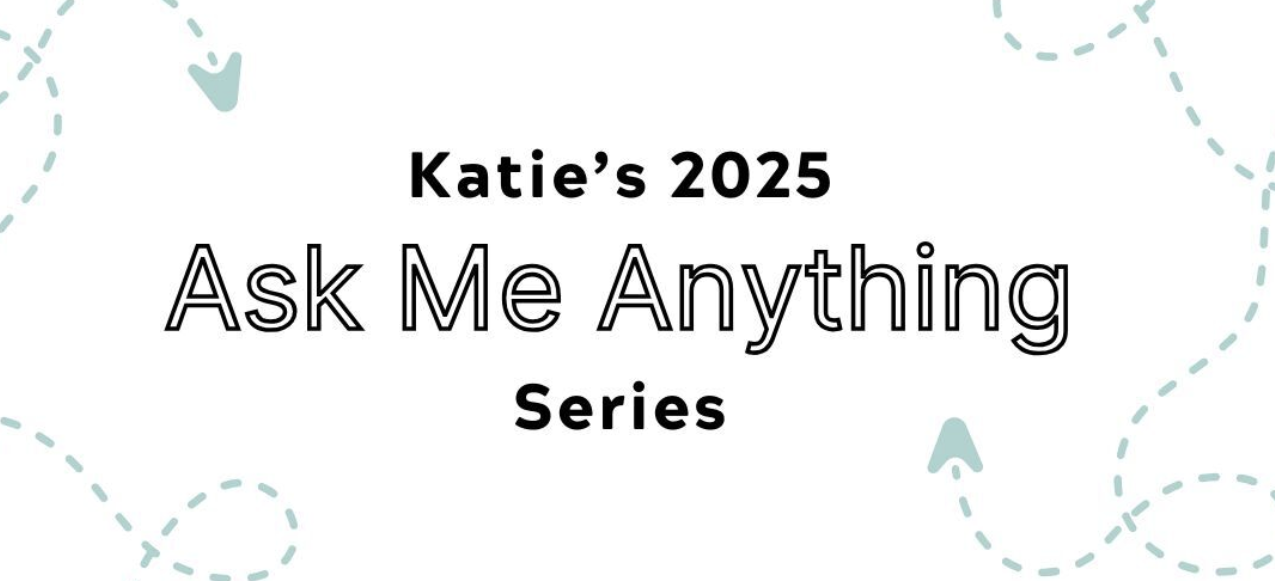I’ve called myself a lot of things over the years to describe my learning, my work, and/or my identity as a professional:
Student
Grad Student
Teacher
Faculty Developer
Academic
Administrator
Facilitator
Consultant
Coach
Writer
Author
Speaker
Researcher
Grant Writer
Podcaster
Those are just the bigger identities that seemed to stick out in my mind. But there are other names that I’ve been thinking about lately and they are ones that I haven’t really been comfortable with until recently:
Creative
Maker
Until recently, I hadn’t embraced the labels of creative and maker because of limitations that I put on myself. This was the evidence that I was relying on:
- As much as I might try, I’m not what other people might call “crafty” — I don’t scrapbook, draw, paint, cook, or knit particularly well. (This is particularly mystifying given that I was raised by a quilter, sewer, cook, knitter, and all round craft maven. She’s tried to teach me her ways and I fail every time.)
- Whenever I’ve tried to “do” art, I often get bored, impatient, frustrated, and give up rather quickly because what I’m trying to make doesn’t come out like I visualized it in my mind.
- Despite the fact that I love to look at good photos, “styling” my Instagram feed is the last thing I want to do (take a look — you’ll see what I mean).
- I haven’t been formally using my undergraduate training in creative writing (part of a double major with English Lit) because I don’t actively write fiction or try to publish outside of my academic writing
- I wasn’t formally trained in anything that I would consider visually creative like art, printmaking, theater, web design, etc.
For a long time, I thought these things meant that I couldn’t call myself a creative. I thought creative people were artists in the true sense of the word and I knew I wasn’t that. I always just admired those people and tried to learn from them.
But when I started to read books like The Creative Habit and Creative Block and Steal Like an Artist, it turned out that I identified a lot more with those artists than I thought I would. I realized that the limitations that I had put on myself were kind of ridiculous.
Perhaps this was because, over time, I had slowly begun to see myself as a maker.
Early in my academic career I was producing things like articles and book chapters, syllabi, and conference papers. These were the typical documents that showed that I was a scholar, academic, and writer. (For some time, I even struggled to call myself a “writer,” thinking that label only counted for people who wrote full time or worked as freelancers. I tended to prefer more broad labels for myself like “academic” and “administrator” because I knew that I definitely fit those categories.)
But then I wrote my first book. And then a second. And I realized that I was writing for my full-time job. What I was writing was diverse and included books, articles, grants, and reports, but it was writing and I was doing a lot of it.
And I was beginning to make other things, too. Like workshops. And podcasts. And courses.
The light began to dawn a little. My academic work was creative work. Research designs can be creative. Grant writing requires creativity. Building a solid research pipeline involves brainstorming and building on ideas.
Once I changed my identity mindset, it became very clear to me that most scholars are creatives and makers. I had just never heard anyone in academia call themselves those things.
So now I’m doing it. I’m an academic, and a creative, and a maker (and a lot of other things).
What we call ourselves matters. How we introduce ourselves to others matter. How we explain what we “do” for our jobs matters. Identities create mindsets that can open up possibilities or limit our understandings of ourselves in very important ways.
Embracing these identities opens up the possibilities of who and what I can learn from and about. A crucial component of this is that I can now see that the lessons of other creatives and makers can be applied to my own life and work.
No one else told me I wasn’t a creative or a maker. These were stories that I told myself.
And now I’m choosing to tell a more interesting story.
To think on:
- What stories are you telling yourself that open up possibilities for you?
- What stories are you telling yourself that limit your understanding of yourself?
- List the identities that you have used in the past and that you use now.
- How have these labels changed over time?



